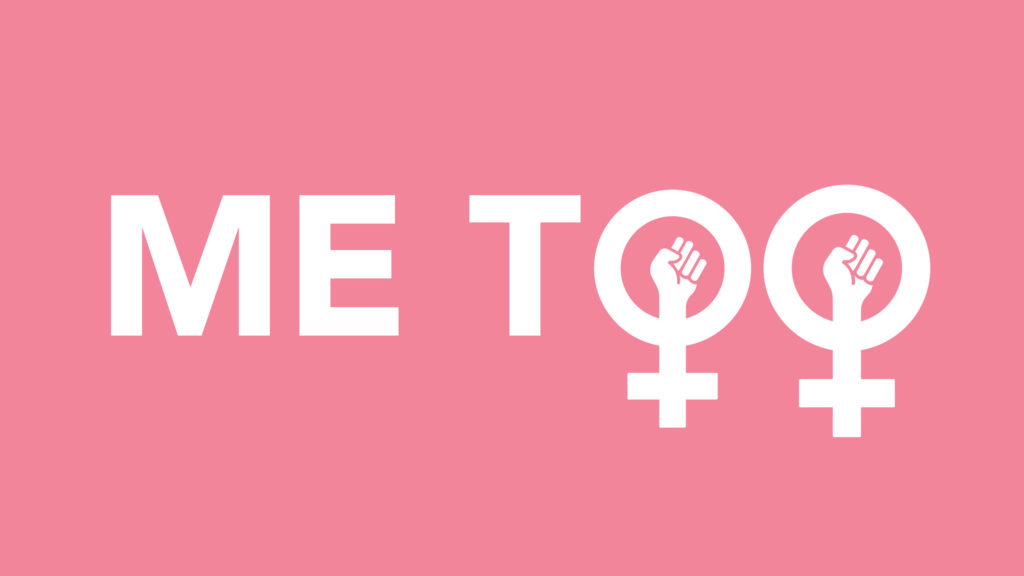The age-old social punishment of public shaming has re-emerged as an internet phenomenon in recent years. Just as fake news is not new, but a digital reiteration of an old phenomenon, cancel culture is a new method of public shaming and ostracisation. Cancel-culture refers to the practice of calling out, boycotting and shunning an individual for their behaviour. Call-out culture has risen particularly since the global #MeToo movement. Celebrities, in particular, are called out for inappropriate language use or behaviour, even from years before, prior to them being in the spotlight. Cancel culture is mob-driven and definitely amounts to mass-scale internet harassment. Some have even called the frenzy of this phenomenon ‘online lynchings’, while others argue that using this term is discriminatory to the black community.
The term shot to popularity during the #MeToo movement, which called out men who abused their powerful positions and ‘cancelled’ them based on mounting sexual assault allegations. This included public figures such as Harvey Weinstein, Kevin Spacey, Louis C.K and R. Kelly. To be “cancelled” is effectively to be boycotted. The intention is that the individual no longer benefits professionally, personally or financially from their elevated position in society and is punished for their wrongdoing. Cancelling requires the majority or at least a large minority to agree that their behaviour is unacceptable and take action. A person does not need to be a celebrity to be cancelled, everyday individuals are also cancelled. However, the fallout is slightly less damaging as they do not have millions of people attacking them, but only hundreds.
Humans are social animals and shaming has an incredibly profound effect on human beings’ psychology. Being excluded from a group and, as a result, having your entire life crumble around you, i.e career, friends, fans and hobbies all disappearing overnight, can be incredibly psychologically damaging. Some call it a ‘little death’, where all reputation and life you have built crumbles. Sometimes, the wider population finds this punishment justifiable. In other cases, the fallout is so large and unseen by the public that the ultimate punishment far outweighs the social ‘crime’. The ultimate fallout depends on the resources of the individual who is being cancelled. A celebrity has much more material resources to fix their public image and can broadcast an apology or rebuttal. Whereas a non-famous individual is often not given this opportunity. Below, I will outline some celebrities and non-celebrities who have been ‘cancelled’ and the implications of cancellation in their lives.
Case studies
Ellen DeGeneres
Ellen DeGeneres is an American Comedian, writer, actor and television host. However, in June 2020, BuzzFeed published a scathing article which called out Ellen for the toxic work environment she allowed to occur on the set for her popular talk show. Current and former employees claim to have experienced racism, fear, and intimidation. With former employees claiming managers from the show fired them for taking medical leave or family bereavements. Ellen DeGeneres addressed these concerns by claiming ignorance to the problem, apologising for not being aware and claiming that all her guests said how much of a lovely work environment she had fostered on set. While Ellen was in the news excessively for a few weeks, the show continued for another series. However, the show’s viewing was down by over 1 million in the most recent season and Ellen has since announced that the show will not return for a 20th season. She holds it has nothing to do with the allegations, however, fans are quick to note that it coincides with the end of her contract and the low viewing numbers.
J.K Rowling
J.K Rowling published a series of tweets in June 2020 about her position on transgender people and that sex is biologically derived and that to deny that is to deny the experience of hundreds of years of women’s suffering. Equally, she believes sex is definitely a concept. However, she says she fully stands with the transgender community and has many transgender friends. However, instead of apologising for her comments as others have, J.K Rowling chose to further try to explain her position. This caused even more damage to her reputation and many Harry Potter fans from the LGBTQ+ community upheld their decision to cancel the writer. Graham (2020) argues that people cancelled J.K Rowling so unapologetically because her ostracisation was for her beliefs (which she refuses to compromise on) and not because of an insensitive comment, promptly deleted like others who are cancelled and forgiven.
Chris Brown
An earlier example of a celebrity being cancelled comes from Chris Brown. Chris Brown was famously in a relationship with Rihanna between 2007 and 2009. They broke up when Chris Brown physically assaulted Rihanna. The news and shocking photos of Rihanna’s injuries spread like wildfire in the news and Chris Brown was cancelled overnight and it has taken years for his career to recover, even though he and Rihanna are friends again, many of Rihanna’s friends and other advocates continue to boycott Chris Brown.
Carson King
A non-celebrity example of rapid fame and rapid fall comes from Carson King, a former student at Iowa state university. Carson was also lucky enough to be forgiven for his social faux pas. Carson King shot to fame when he jokingly displayed a banner at a sports game asking for donations via an online payment app towards his beer supply. Surprisingly, the post went viral and Carson was sent millions of dollars. Carson decided to donate the money to a University of Iowa Stead Family Children’s Hospital instead of spending it on beer, as he had proposed initially. Shortly after his shock rise to fame a journalist investigated the new philanthropist and dug up old tweets that sounded racist. Just as immediately as his unexpected rise to fame the press and public attacked Carson. Carson responded promptly with a genuine apology and a commitment to never repeat these remarks and to spend time learning more about the issues to understand in greater detail why his remarks were harmful. Due to his newly found philanthropic nature and rapid and sincere apology – the general public forgave Carson and he later founded the Carson King Foundation – which continues to do good work. Carson runs the foundation alongside his regular job.
Melody Waterworth



